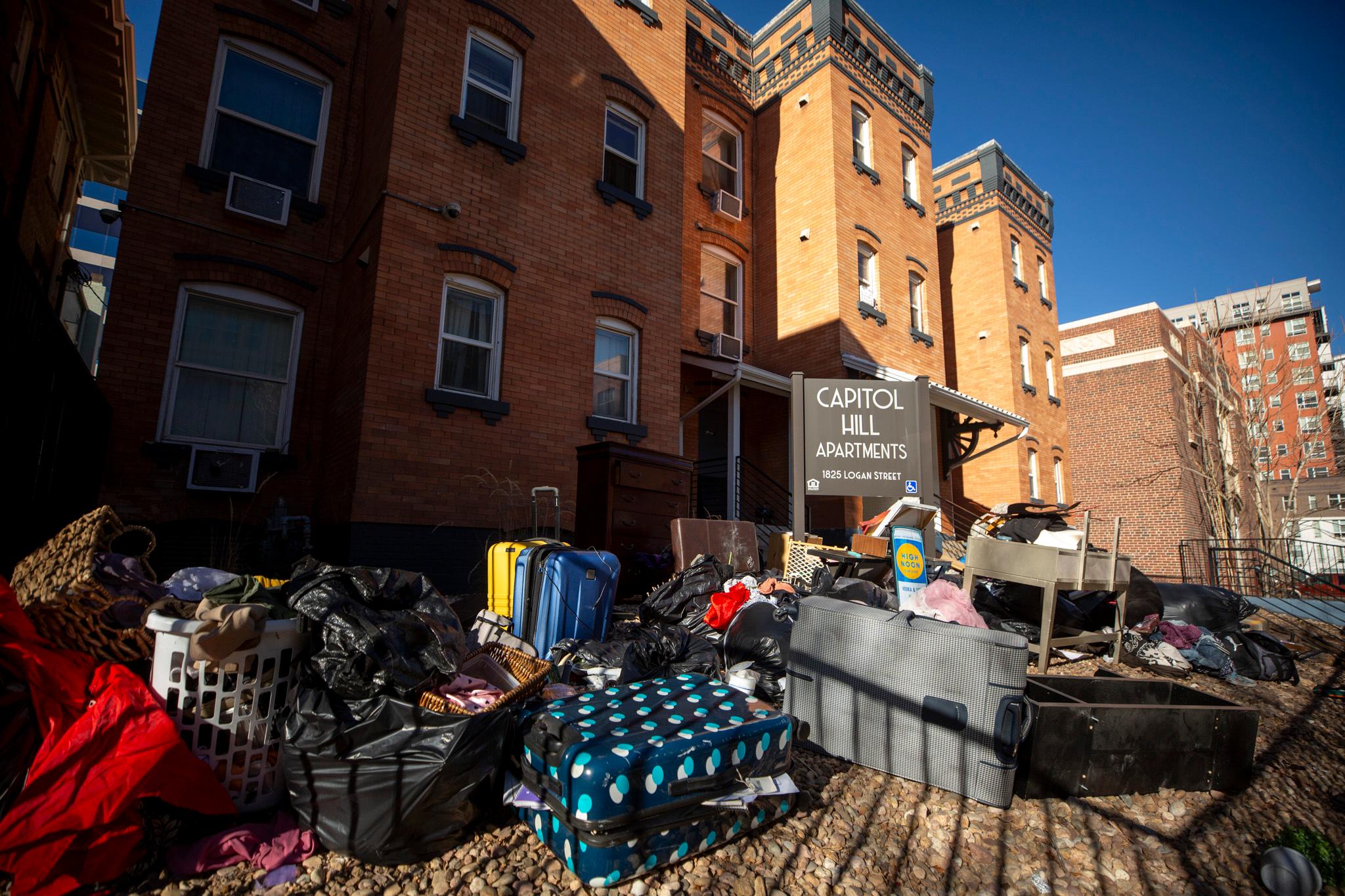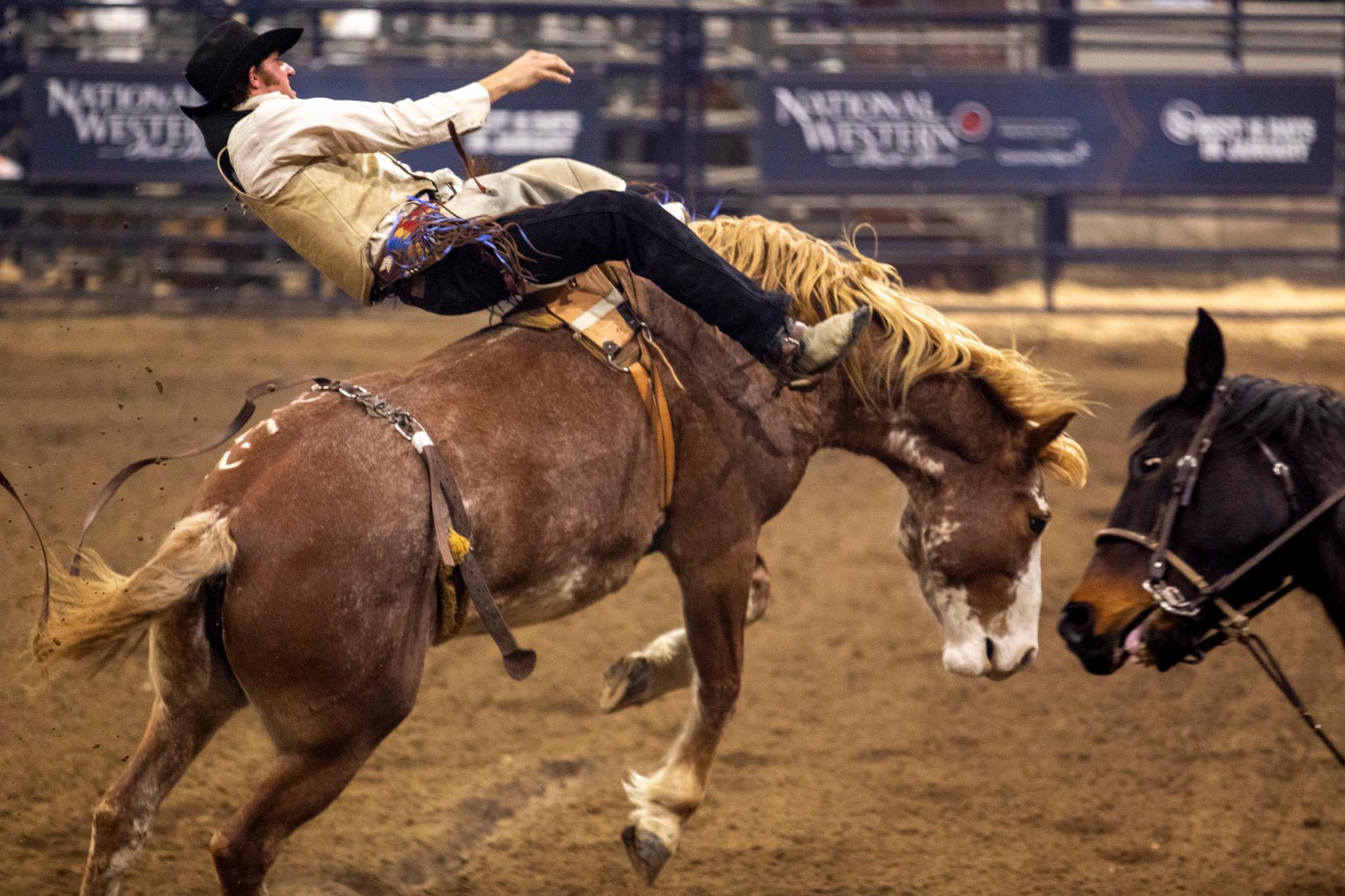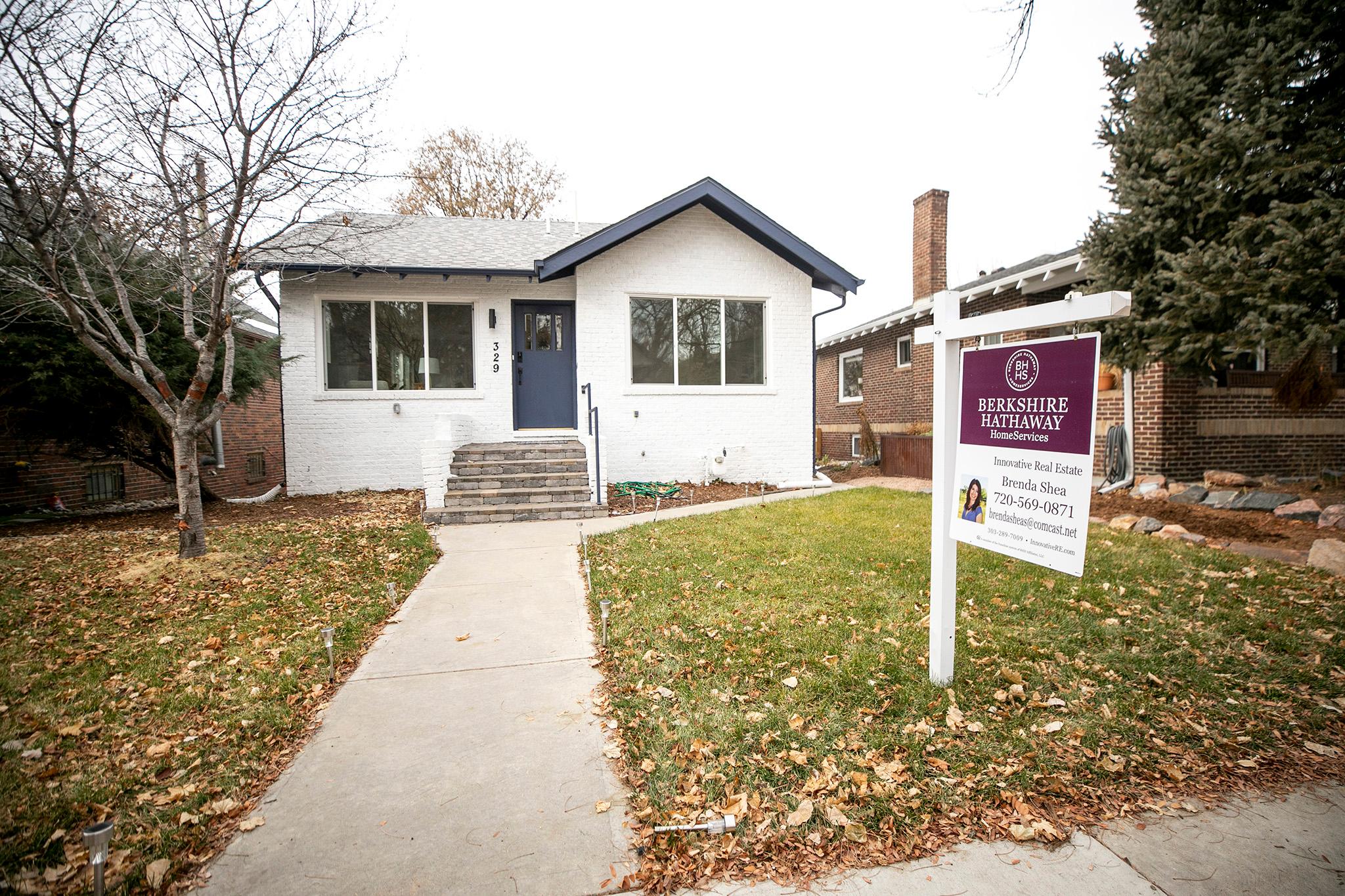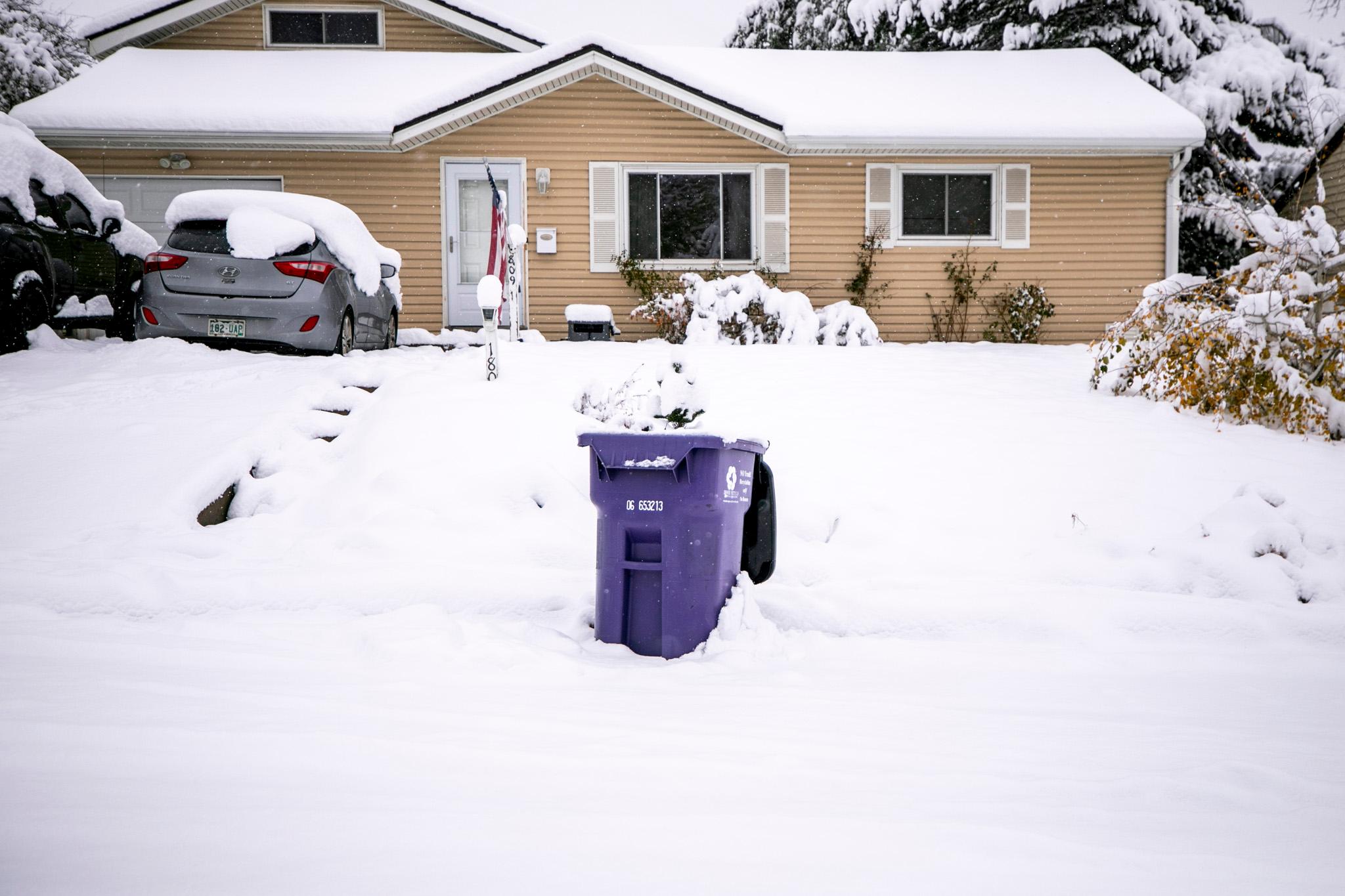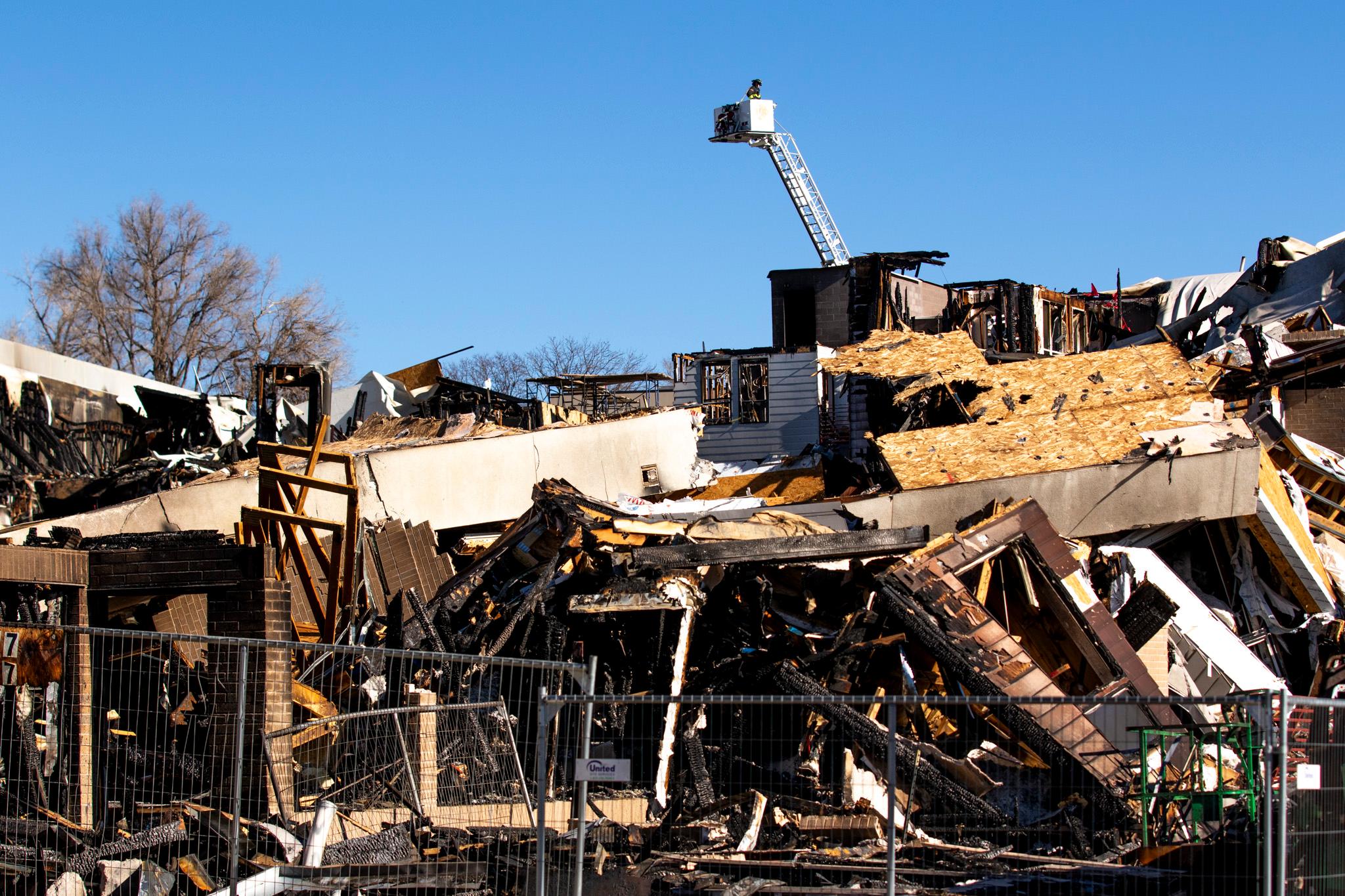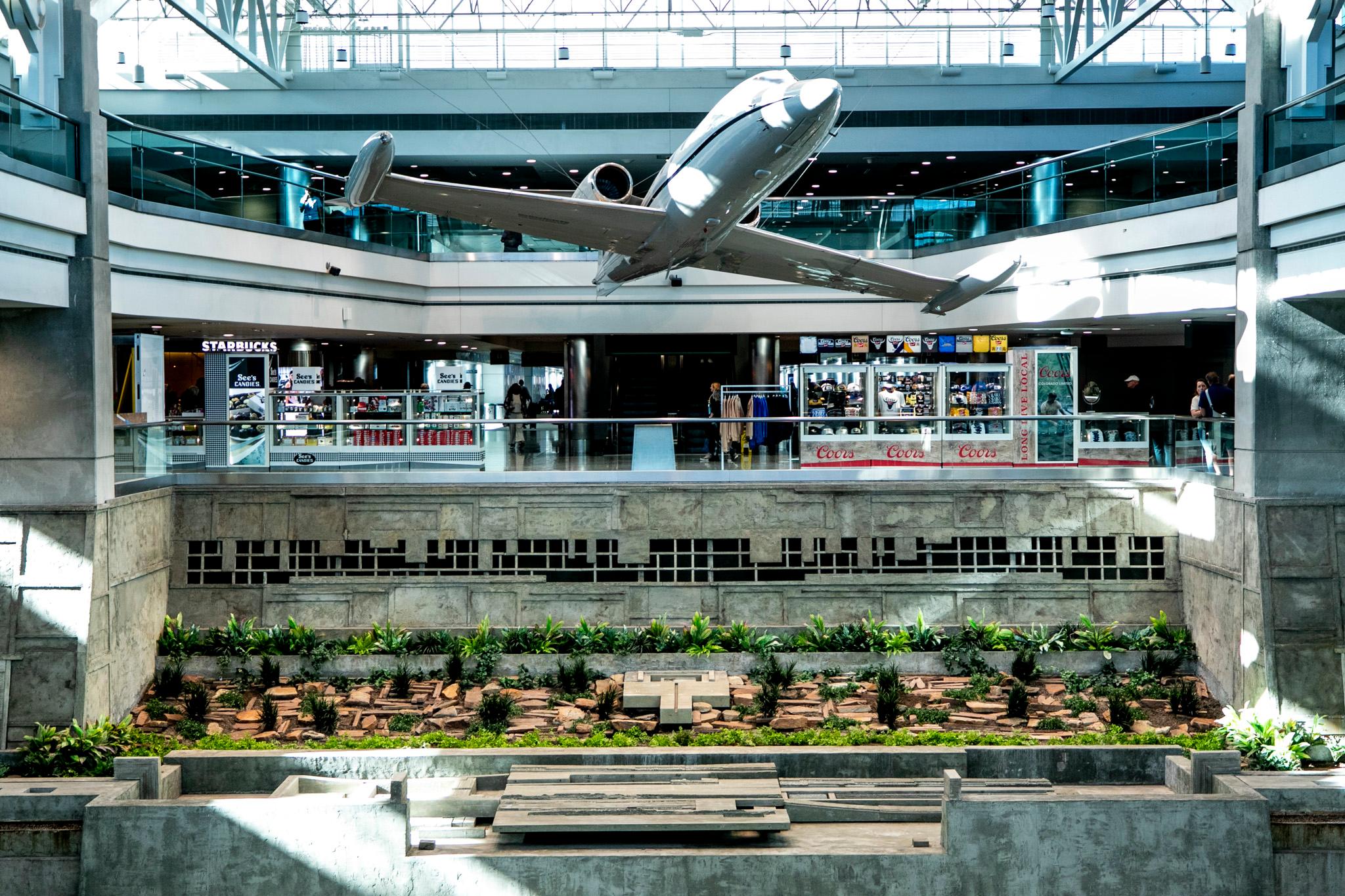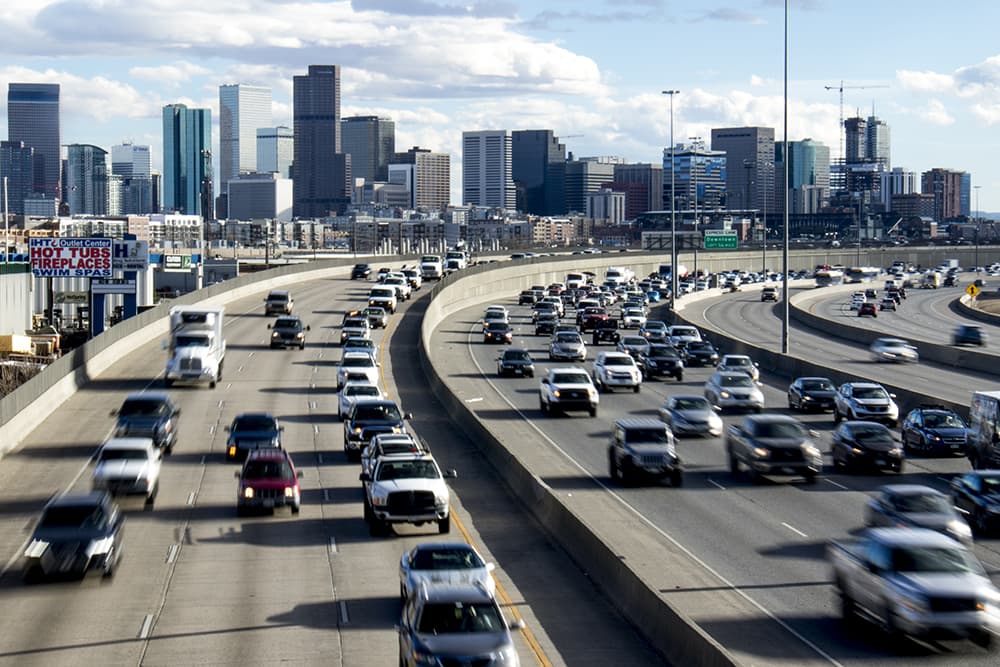
The Colorado Public Utilities Commission on Monday issued an $8.9 million fine to Uber parent company Rasier LLC.
Criminal investigators with the state regulatory agency found that Uber was allowing people with disqualifying criminal or motor vehicle offenses and people without valid licenses to drive for the company.
The fine, a Civil Penalty Assessment Notice, accounts for $2,500 for each day a disqualified driver was found to have worked, according to a release. It lists violations for 57 drivers over the last year.
Among the violations discovered were 12 felony convictions, 17 major moving vehicle violations (DUI, reckless driving, etc.), three interlock driver's licenses required after a recent drunk driving conviction and 63 license issues.
Uber also failed to identify aliases used by drivers. In one case, a driver was a convicted felon and habitual offender who once escaped from the Colorado Department of Corrections.
The investigation was launched after the Vail Police Department reported an Uber driver accused of assaulting a passenger. PUC staff cross-checked records provided by Uber with records from the Colorado Crime Information Center and court databases and found that drivers had previous felony convictions, major moving violations such as DUIs and reckless driving charges, suspended licenses and revoked or canceled licenses.
"We have determined that Uber had background check information that should have disqualified these drivers under the law, but they were allowed to drive anyway,” PUC Director Doug Dean said. “These actions put the safety of passengers in extreme jeopardy.”
Dean said Uber's background checks failed to find some felony convictions, and in some cases, investigators could not confirm that any criminal background check was conducted at all.
Colorado law requires that a Transportation Network Company (TNC) like Uber perform criminal background checks before allowing someone to drive for the company. TNCs are also required to check driving history reports and, naturally, drivers licenses before allowing people to drive.
Uber's options now are to resolve the case by paying half of the fine within 10 days or to request a hearing before an administrative law judge.

